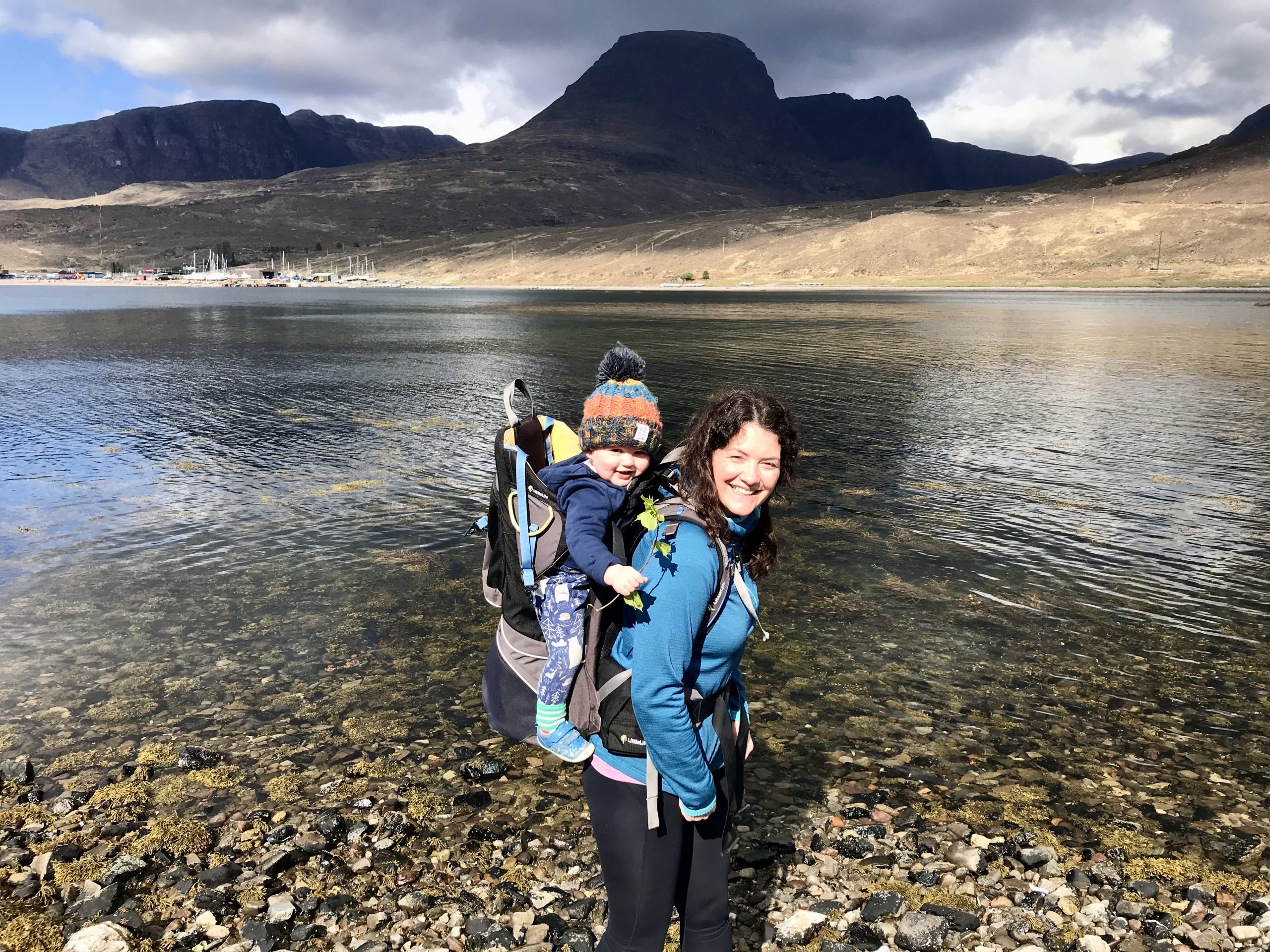Dr Heather Price is a Senior Lecturer in Environmental Geography at University of Stirling. Her work aims to find new and creative ways to reduce environmental pollution and improve public health globally. We caught up with her ahead of International Women in Science Day to find out more about her. Read on
Job title
Senior Lecturer In Environmental Geography
What course/subject did you study?
I have a BSc In Environmental Geoscience, and a PhD that spanned Earth Sciences and Biochemistry.
Briefly describe what you do and your areas of interest in your particular field?
My research aims to try and reduce the harmful health effects of breathing air pollution in the UK and Eastern & Southern Africa. To do this I work across different subject areas, including environmental science, social science, creative arts and psychology. My scientific background means I’m able to understand the underpinning science, while also speaking to those who work in other fields. This is particularly helpful in my role as UKRI Regional Clean Air Champion for Scotland, where I bring together all the different people interested in working to improve air quality in Scotland, from the government to the public, to generate change.
What got you interested in science/STEM?
My Mum was a cartographer, so I was brought up with a love of maps and exploring the outdoors. I was lucky in that we lived very close to the New Forest on the south coast, so I got the chance to spend lots of time outside and this really fuelled my passion for geography.
In your opinion, what makes a scientist?
I think we’re all scientists really, it’s just some of us ask more questions than others 🙂
What makes you get up in the morning?
Two small children and two big cats! Seriously though, I like to think that the work I do (research and teaching) makes a (small) difference to the world, and this really motivates me.
What excites you about your field/work?
I’m really interested in solutions-focused research and exploring ways we can improve people’s health by improving air quality. Finding solutions that work for all in society is incredibly challenging and requires working across different research fields and also with other stakeholders in society, including charities, the public and government. Working together like this is not easy, but it is really exciting to explore, for example, ways in which research could feed into policy decision making.
What is the coolest thing about your work/research?
My research has taken to me to some brilliant places including Malawi, Kenya, Tanzania, Fiji, the USA and India. I’ve seen places (and met people) I would never have had a chance to do in any other career, so I’m very lucky in that regard.
If you could have dinner with 3 scientists (living or dead) who would you invite?
Dr Max Liboiron, Prof Alice Roberts, Sir David Attenborough (I know, cop out, but true).
What one future invention would you like to see become a reality?
Time travel, I think, though it might be a bit terrifying…
In your opinion, what’s the most exciting problem in science/STEM currently facing humanity?
For me it’s if – and then how – we achieve “sustainable” development and truly balance the needs of people and nature now and in the future.
If you didn’t pursue a career in science, what other line of work do you think you would have gone into?
Farming – my family have a flock of sheep and I’m always most calm and happy when surrounded by animals. Though I’m a vegetarian, so I might have to go into growing carrots or something!
Can you tell us a science joke?
I’m reading a book on helium. I can’t put it down.
What words of advice do you have for young people thinking of a career in STEM?
Keep wondering why things are the way they are and asking questions. Lots of questions.

